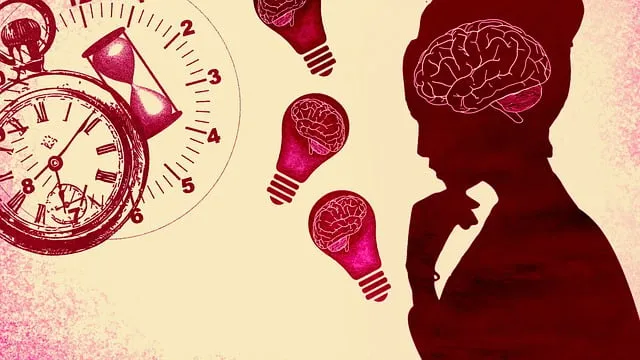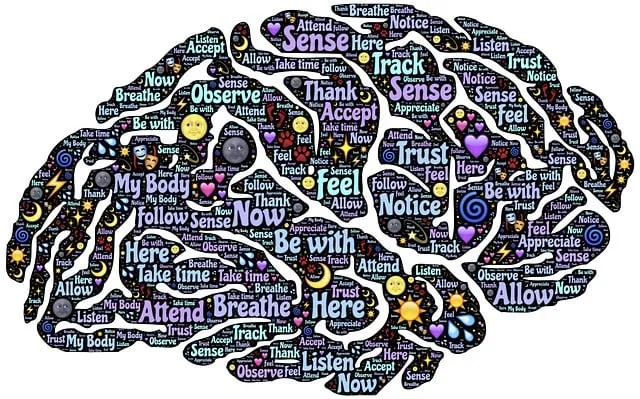Lafayette Kaiser Permanente's dual-pronged approach to stigma reduction in healthcare settings – combining impactful public awareness campaigns and cultural sensitivity training for professionals – has resulted in positive outcomes, as evidenced by their behavioral health services reviews. This holistic strategy encourages open conversations about mental wellness and fosters an inclusive environment where individuals can access support without fear of judgment. Through workshops, support groups, and educational programs, they've increased accessibility and reduced stigma, using qualitative and quantitative data collection to evaluate success, optimize resource allocation, and continually refine their programs based on client feedback and treatment outcomes.
Mental illness stigma is a pervasive barrier to treatment and recovery, impacting individuals across communities. This article explores comprehensive efforts by Lafayette Kaiser Permanente Behavioral Health Services to reduce mental health stigma through innovative initiatives. We delve into their strategies, focusing on community engagement and education programs that foster understanding and support. By examining the effectiveness of these programs through reviews and data, we gain insights into successful approaches to combat stigma in healthcare settings.
Key topics include: Understanding the profound impact of stigma, exploring engaging community strategies, and measuring the success of mental illness stigma reduction programs at Kaiser Permanente, using Lafayette as a case study.
- Understanding the Impact of Stigma on Mental Health: A Comprehensive Look at Lafayette Kaiser Permanente Behavioral Health Services
- Strategies for Reducing Stigma: Community Engagement and Education Initiatives
- Measuring Success: Evaluating the Effectiveness of Mental Illness Stigma Reduction Programs at Kaiser Permanente
Understanding the Impact of Stigma on Mental Health: A Comprehensive Look at Lafayette Kaiser Permanente Behavioral Health Services

The impact of stigma on mental health is profound, particularly within healthcare settings. Lafayette Kaiser Permanente Behavioral Health Services has been at the forefront of understanding and addressing this issue. Their reviews consistently highlight the positive effects of their comprehensive approach to mental wellness coaching programs. By integrating public awareness campaigns and emphasizing cultural sensitivity in mental healthcare practice, they’ve created an environment where individuals can access support without fear of judgment.
This dual strategy—educating the community through development of impactful public awareness campaigns and training healthcare professionals on cultural sensitivity—has been instrumental in reducing stigma. Lafayette Kaiser Permanente’s efforts showcase a holistic view of mental health care that goes beyond treating symptoms, fostering an inclusive atmosphere that encourages open conversations about mental wellness.
Strategies for Reducing Stigma: Community Engagement and Education Initiatives

Community engagement is a powerful tool in the fight against mental illness stigma. By organizing workshops, support groups, and awareness campaigns, individuals with lived experiences and advocates can educate their communities about mental health. These initiatives foster understanding, empathy, and a sense of belonging, breaking down barriers and misconceptions. For instance, Lafayette Kaiser Permanente behavioral health services reviews highlight successful community engagement strategies that have led to increased accessibility and reduced stigma through open conversations and educational programs.
Cultural sensitivity in mental healthcare practice is another vital aspect. Recognizing and respecting diverse cultural beliefs and practices can create safer and more inclusive environments. Incorporating mindfulness meditation, as supported by inner strength development techniques, allows individuals to connect with their emotions and find calm amidst challenges. These evidence-based practices not only enhance overall well-being but also contribute to stigma reduction by promoting self-care and resilience within diverse communities.
Measuring Success: Evaluating the Effectiveness of Mental Illness Stigma Reduction Programs at Kaiser Permanente

Evaluating the impact and success of mental illness stigma reduction programs is a critical step in advancing understanding and improving support systems. At Lafayette Kaiser Permanente, behavioral health services reviews play a pivotal role in gauging the effectiveness of these initiatives. These reviews delve into various aspects, including client feedback, treatment outcomes, and changes in attitudes towards mental health, as measured through qualitative and quantitative data collection methods.
The process often involves tracking key performance indicators (KPIs) such as patient satisfaction rates, improvement in self-esteem (a crucial aspect of Inner Strength Development), and the adoption of effective communication strategies within the healthcare setting. By analyzing these metrics, Kaiser Permanente can identify what works best, ensure resources are allocated efficiently, and continuously refine their programs to better meet the needs of individuals seeking support for mental health concerns.
Mental illness stigma reduction is a multifaceted approach, and the success of programs like those at Lafayette Kaiser Permanente Behavioral Health Services demonstrates the power of community engagement and education. By implementing targeted initiatives, these efforts not only improve mental health outcomes but also foster a more supportive and inclusive society. As we continue to navigate the complex landscape of mental health care, further integration of proven stigma reduction strategies will be essential in ensuring that individuals receive the understanding and support they need to thrive.






